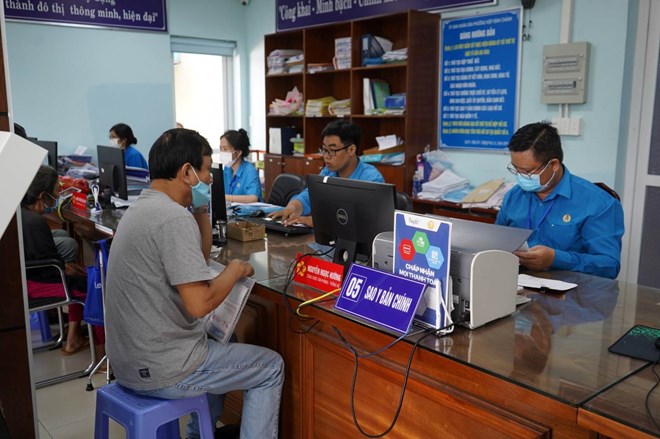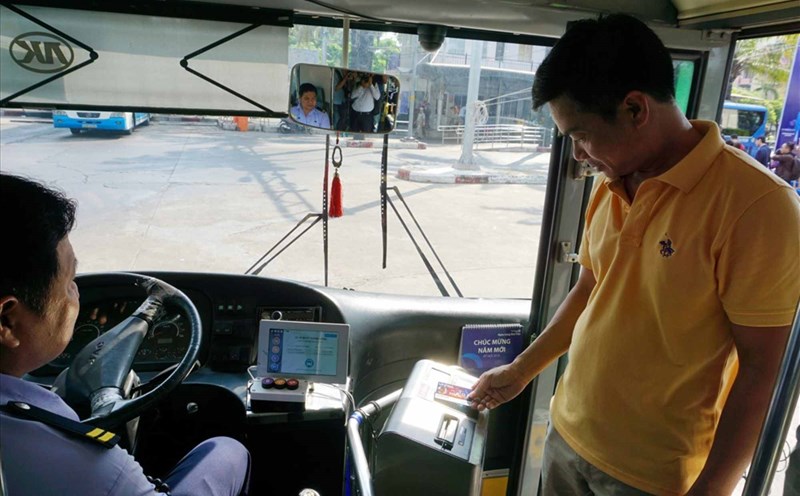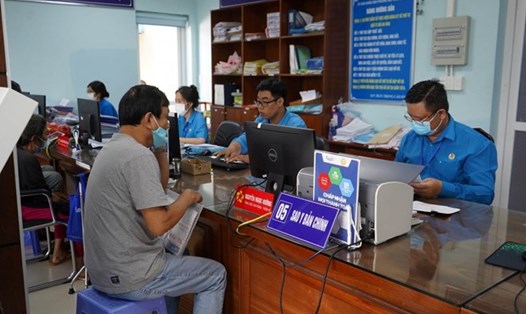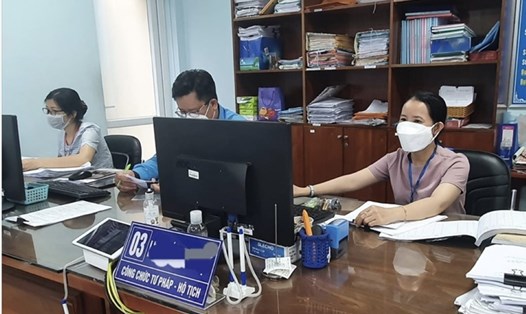Low income, high pressure
This is the information stated in the project to develop the civil service of Ho Chi Minh City in the period of 2024 - 2030, which has just been approved by the Ho Chi Minh City People's Committee.
In the project, the survey was conducted on 12,869 civil servants and 76,601 public employees in Ho Chi Minh City to collect opinions on their feelings and attitudes towards their current jobs.
The survey results revealed some notable issues: More than 75% of civil servants rated their workload as “a lot” or “very much,” while more than 43% said they would be willing to leave their jobs if given the chance. About 22% were still undecided about continuing their jobs.
According to the survey results, work pressure is a significant factor that makes civil servants think about leaving their jobs. In particular, the overload of work is heavily concentrated on grassroots civil servants in wards, communes and towns, where 80.48% of civil servants rated their workload as “a lot” or “very much”.
Low income is also the leading reason why many civil servants intend to leave their jobs. Current salaries do not ensure a stable life, especially for civil servants working in positions with large workloads and high pressure. According to the survey, only about 50% of civil servants think that income in the public sector is reasonable.
Lack of promotion opportunities is also a reason why civil servants in Ho Chi Minh City consider leaving their current jobs. Although up to 74% of civil servants said they would do anything to continue staying at their current agency, the reality is that a high percentage still feel that there is little opportunity for development in their work.
This is especially true at grassroots levels, where work pressure is high but promotion opportunities are limited, creating conflict and affecting the level of long-term commitment to the job of civil servants.

Solutions to improve the efficiency of Ho Chi Minh City's public service
To improve the situation, Ho Chi Minh City has developed many solutions in the project to improve public service efficiency.
Attracting new human resources: Ho Chi Minh City will promote the mobilization of students and intellectuals to participate in the public sector, helping to increase human resources for necessary positions.
Improving work quality: Ho Chi Minh City will build the Ho Chi Minh City Academy of Officials into a high-quality training center, aiming to foster knowledge and professional skills for civil servants.
Organizing competitive exams and leadership internship models: Ho Chi Minh City will also pilot competitive exams to appoint management positions, in order to create conditions for transparent and fair promotion. The leadership internship model will also be applied to develop a team of potential leaders.
Streamlining staff and improving working environment: The city will screen and streamline staff, eliminating those who do not meet job requirements. Ho Chi Minh City will implement policies to encourage and protect competent staff who actively contribute to the common good.
Work-life balance: The city will research and implement flexible working models to help civil servants work more effectively and reduce stress.
Improving remuneration: Ho Chi Minh City will focus on supporting social housing for civil servants and public employees, while continuing to apply the policy of increased income and the contract mechanism in using the payroll.
Honoring individual contributions: For individuals with outstanding contributions, Ho Chi Minh City will implement reward and honor policies to recognize and encourage.











